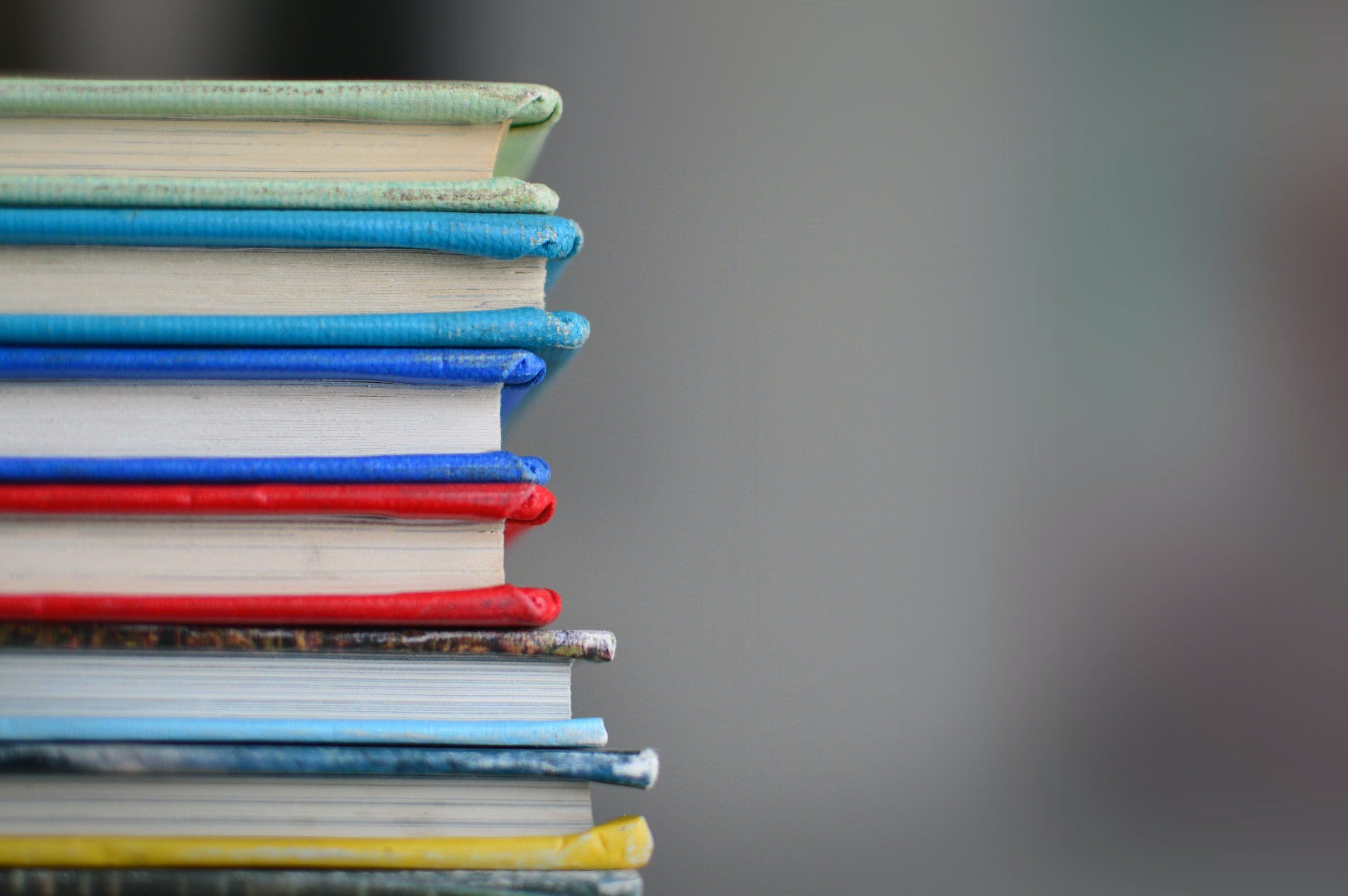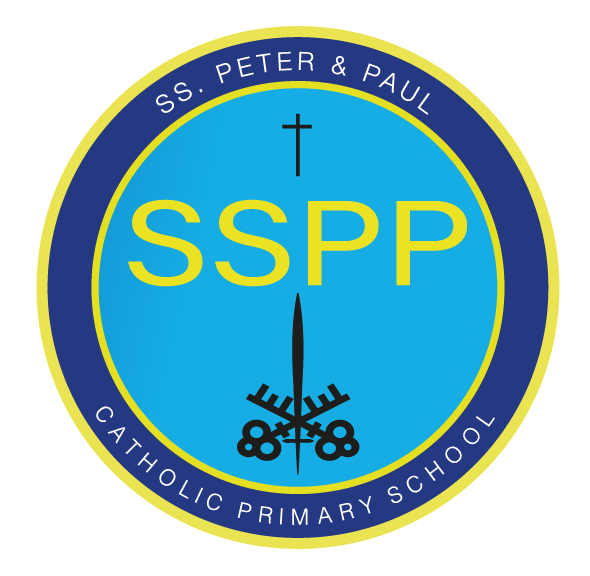
History

At SSPP we teach a high quality history education that with enable the children to gain a coherent knowledge of Britain’s past and that of the wider world. This will encourage pupils to develop an appreciation and understanding of the past, evaluating a range of primary and secondary sources. Pupils will be taught to make links between these areas of learning, with the aim of developing engaged, motivated and curious learners that can reflect on the past and make meaningful links to the present day. Our History curriculum has been designed to cover all of the skills, knowledge and understanding as set out in the National Curriculum.
CONCEPTS & STORY
At SSPP, we understand the importance of story. Daniel Willingham’s research indicates that our brains ‘privilege’ story. Stories help pupils to make sense of new content, they help pupils to make connections and finally they are enjoyable! This applies to our history curriculum which is littered with historical stories, bringing learning to life. Such stories help children make sense of knowledge, acting as historians whether it be interpreting historical information or making sense of casualty.
To support children’s understanding, we have mapped progressively and coherently mapped concepts throughout our history curriculum, weaving in and out to bring meaning and understanding to key knowledge.
Meaningful examples and secure contexts make new information more familiar to pupils and therefore easier to learn. Contextual information in history reduces the abstraction of complex ideas and content. Pupils’ prior knowledge also makes new information meaningful. Knowledge is generative, it enables future learning. - Ofsted Research Review Series: History
As Mary Myatt states: concepts are ‘holding baskets’ for facts. They help to make sense of multiple pieces of information and this makes them efficient.
Substantive and disciplinary knowledge are closely related. Each is meaningless without the other.
At SSPP we have identify key repeated concepts that weave throughtout the history: (This is not an exhaustive list)
Leadership,
Powerful Women
Human endeavour and,innovation
Equality,
Conservation and climate
Identity and migration,
CONCEPT PROGRESSION
EYFS
Throughout Early Years, children experience history through the specific area of Understanding the world.
Understanding the world involves guiding children to make sense of their physical world and their community. The frequency and range of children’s personal experiences increases their knowledge and sense of the world around them – from visiting parks, libraries and museums to meeting important members of society such as police officers, nurses and firefighters. In addition, listening to a broad selection of stories, non-fiction, rhymes and poems will foster their understanding of our culturally, socially, technologically and ecologically diverse world. As well as building important knowledge, this extends their familiarity with words that support understanding across domains. Enriching and widening children’s vocabulary will support later reading comprehension.
Children begin to explore History by first starting with their own and through reading and exploring high quality texts. Through our year in F2 displayed in our classroom throughout the year, noting key events that happen in recepetion. Discussion point for adults and children discussing past, present and future events.



